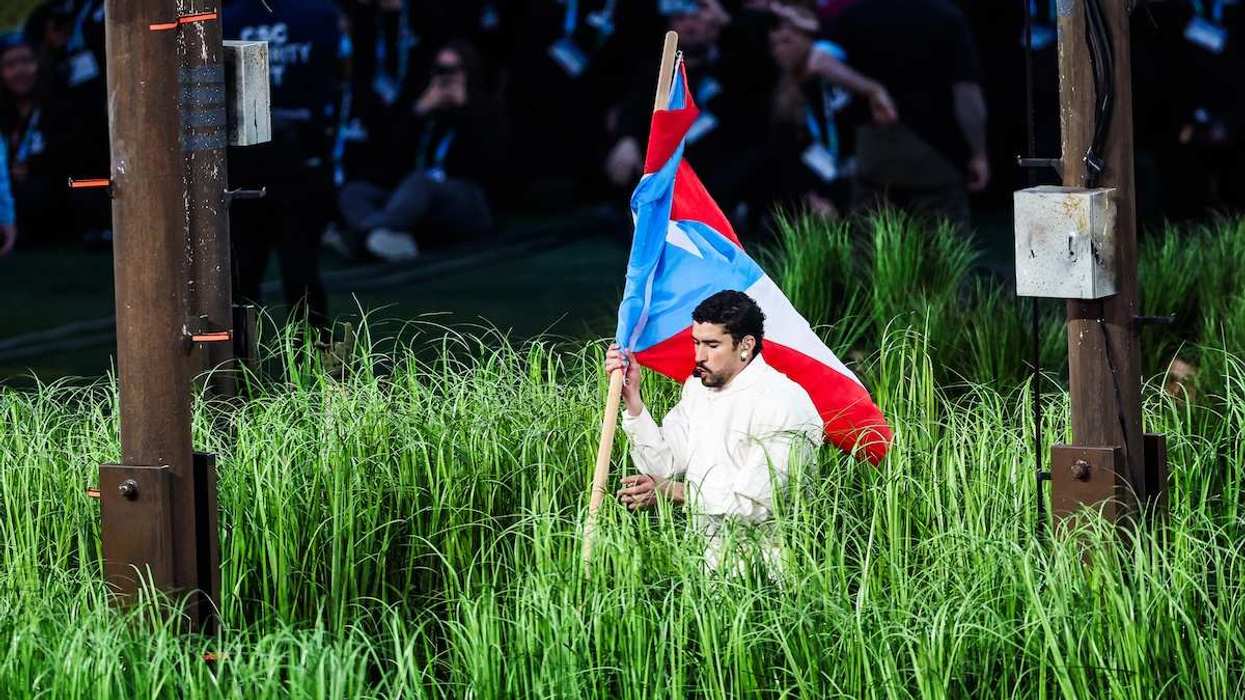This Sunday, close to 16 million Chilean voters will head to the polls in a starkly polarized presidential election shaped by rising fears of crime and immigration.
The vote comes after a tumultuous few years in normally staid Chile, the world’s largest copper producer and the wealthiest large economy in Latin America.
Under the presidency of youthful left-winger Gabriel Boric, who was elected in 2021 following mass protests over inequality, Chilean voters rejected two separate rewrites of the constitution which were meant to address living costs, pensions, and employment.
One was too liberal, enshrining “cosmovisions” in the national charter. The other was too conservative, hewing too closely to the existing constitution written half a century ago under rightwing autocrat Augusto Pinochet.
Now, despite some successes in strengthening labor laws and winning a bruising fight over pension reforms, Boric is set to leave office deeply unpopular, with an approval rating in the 30s and an economy in the doldrums.
After so much upheaval, “the public appetite for sweeping changes has receded,” says Maria Luisa Puig, an expert at Eurasia Group.
Chileans’ main concerns now are, as in many Latin American countries, crime and migration. Nearly half of voters say crime is the number one issue for them, while 30% point to the border, according to Chilean pollster Activa. Only about 20% cite unemployment.
Although homicides have been falling since a 2022 peak, they are still double what they were ten years ago. Kidnappings remain near historic highs.
At the same time, immigration has soared, in particular from Venezuela – there are nearly 700,000 Venezuelan migrants in the country, almost tenfold the number from 2017. A rash of high profile killings and shootouts by Venezuelan gangs has fueled a backlash against immigrants more broadly.
Who’s running in the election?
Topping the polls, with about 27% support, is Jeanette Jara, a lifelong member of the Communist Party who served as Boric’s Labor Minister. She wants to increase the minimum wage, boost social spending, and modernize the police.
Trailing her are two hard-right politicians. One is José Antonio Kast, an ultra-conservative Catholic father of nine who lost to Boric in 2021, who wants to seal the border, cut spending, and expand prisons. He polls at roughly 20%. The other, libertarian Johannes Kaiser, goes further, pledging to slash two-thirds of government ministries immediately, to crack down on migration, and to withdraw from global pacts on climate change and human rights. Like Kast, he openly admires Pinochet.
Jara’s lead is deceptive. The right wing vote is badly fragmented – a result of the conservative candidates’ inability to agree on a unified primary earlier this year.
With no one set to win more than 50% of the vote, the election will go to a December runoff featuring the top two finishers from this Sunday. Jara will be one of them, and Kast is likely to be the other, though Kaiser has seen a late bump in the polls.
Polls suggest Jara, facing a united right wing and conservative vote, would lose in any head-to-head matchup. With Chileans in a “throw-the-bums out” frame of mind, her ties to Boric are a liability.
In the end, Puig says, “this is a ‘change’ election.” And according to polls, Chileans are ready for it. For the first time in more than four years, a majority say they are “optimistic” about the future of the country.
More soon: the results should be in by Monday morning.



















